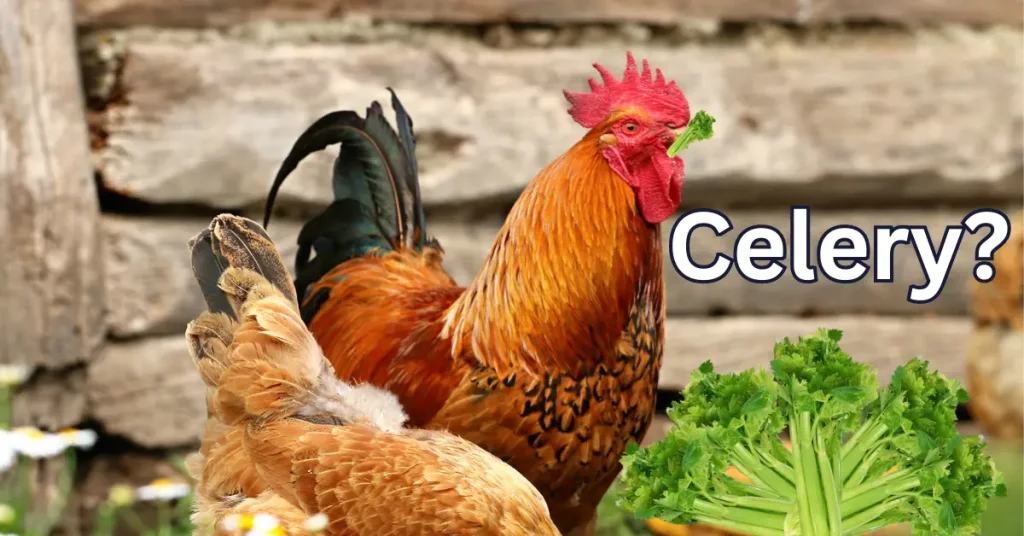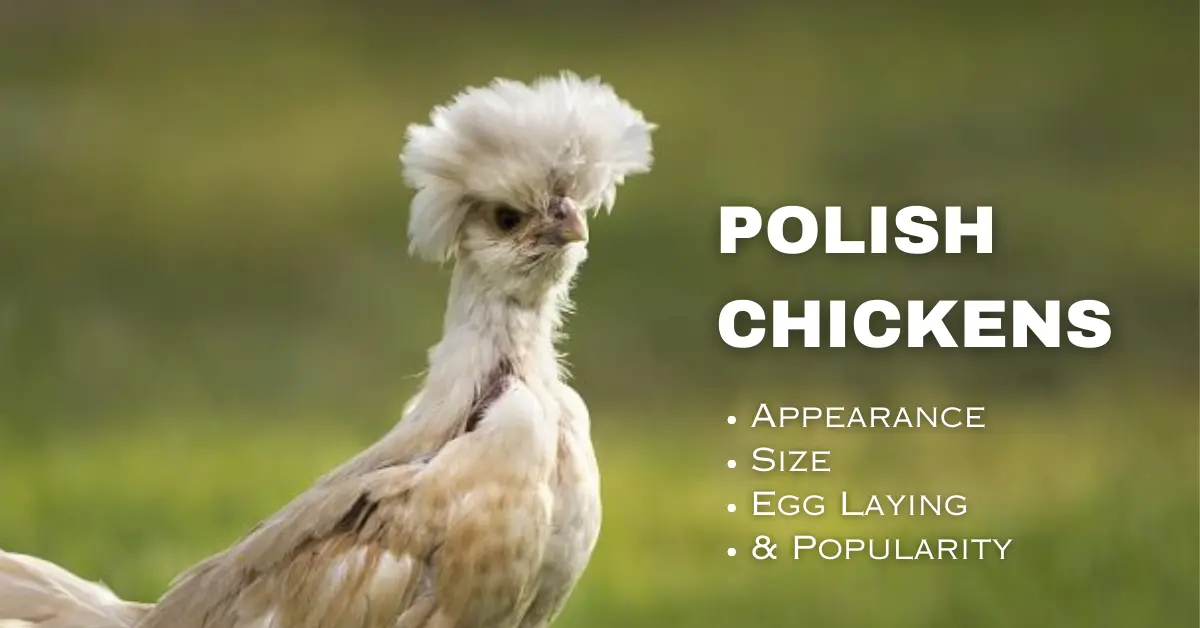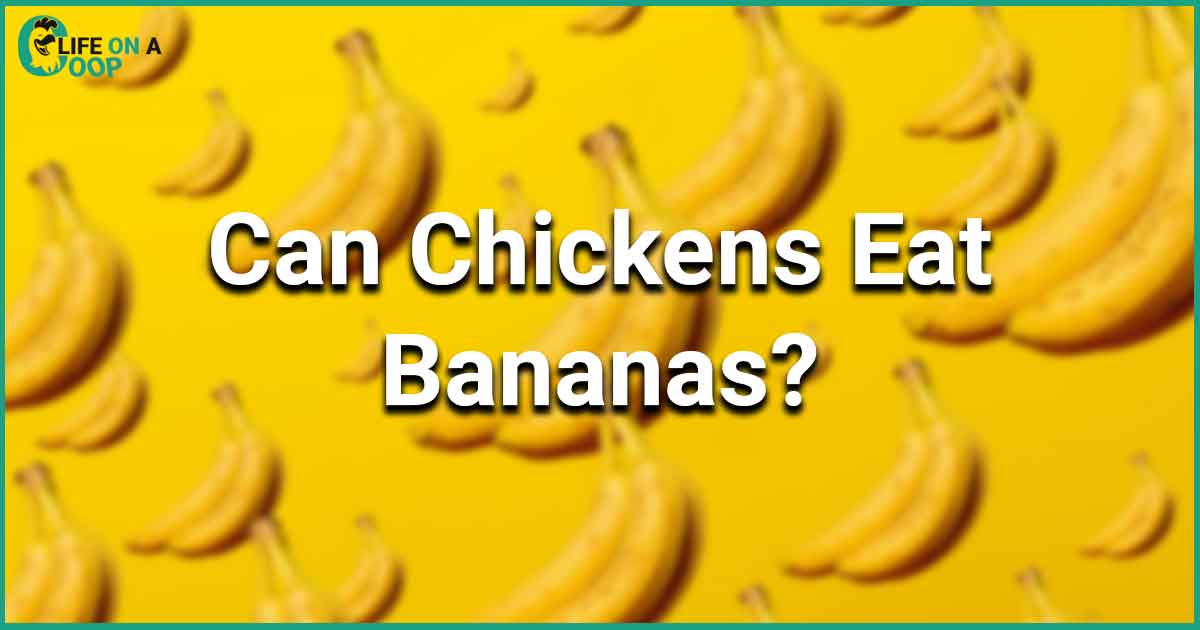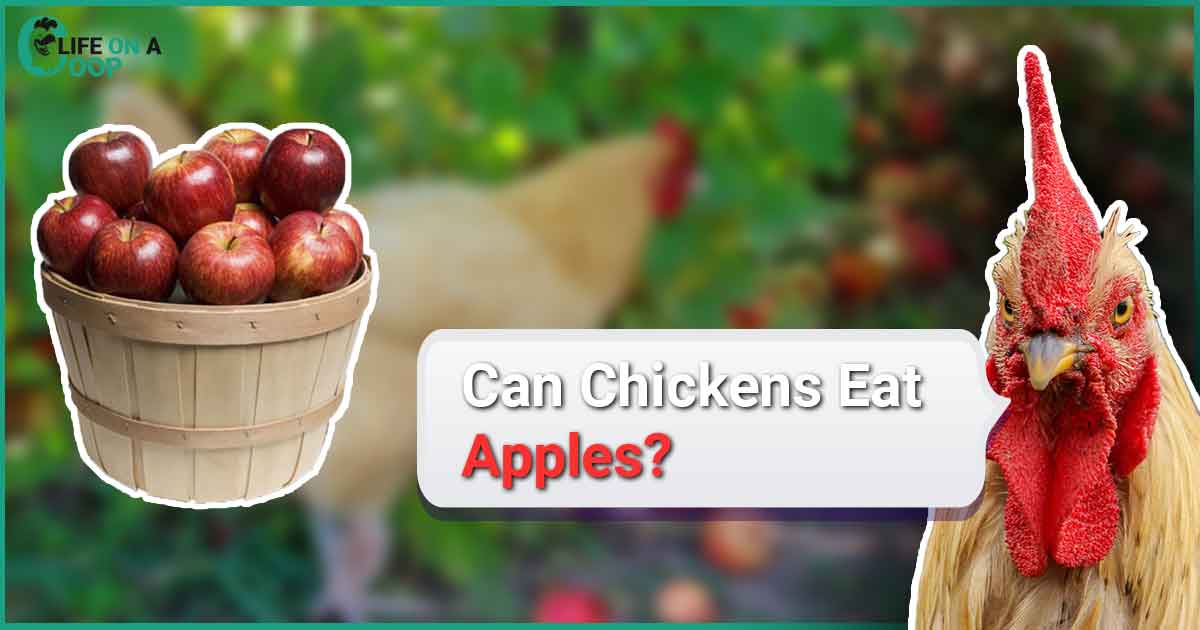Raising chickens can be a rewarding experience, especially when you see them thriving on the diet you provide. One question often arises among chicken owners is, “Can chickens eat celery?” This question is not as straightforward. While celery is a common vegetable many enjoy, it’s essential to consider whether it suits chickens.
This comprehensive guide explores this topic in detail, giving you the knowledge to keep your chickens healthy and happy. We’ll delve into the nutritional value of celery, discuss how to properly prepare it for your chickens, and address common questions and concerns.
Whether you’re a seasoned chicken owner or a newbie, this guide will equip you with the information you need to make informed decisions about your chickens’ diet.
Stay tuned as we unravel the answer to the question, “Can chickens eat celery?” and much more.
Table of Contents
ToggleCan Chickens Eat Celery?

Yes, chickens can safely eat celery. This vegetable, known for its high water content and crunchy texture, can be a refreshing treat for your chickens, especially during hot weather. Like strawberries, celery can be a healthy treat for your chickens when fed in moderation.
However, it’s important to remember that celery should be a supplement to a balanced diet, not a primary food source. Chickens require a diet rich in protein, and while celery has many beneficial nutrients, it doesn’t have enough protein to sustain a chicken’s health. Learn more about the nutritional benefits of celery seeds from Healthline.
Moreover, due to its high water content, too much celery can cause your chickens to have watery droppings, which is not necessarily harmful but can be messy. Therefore, like any other treat, celery should be fed in moderation.
The texture of celery can be challenging for chickens, especially the strings. Therefore, it’s recommended to chop the celery into small, manageable pieces before feeding it to your chickens. This will make it easier for them to eat and prevent any choking hazards.
The Nutritional Value of Celery for Chickens
Celery is a powerhouse of essential vitamins and minerals. It’s rich in Vitamin K, which plays a crucial role in bone health and blood clotting. Like other birds, chickens need Vitamin K to maintain strong bones and prevent bleeding disorders.
Celery also contains Vitamin A, essential for maintaining healthy vision, skin, and feathers. A deficiency in Vitamin A can lead to various health problems in chickens, including poor feather quality, slow growth, and reduced egg production.
In addition, celery is a good source of Vitamin C, an antioxidant that helps protect the body against oxidative stress. While chickens can produce Vitamin C independently, providing them with Vitamin C-rich foods can help boost their overall health, especially during stress or illness.
Moreover, celery is a good source of dietary fiber, which aids in digestion and helps keep the chickens’ digestive system running smoothly. It’s also low in calories, making it a healthy treat that won’t contribute to weight gain.
Here’s a quick look at the nutritional profile of celery per 100g from the USDA FoodData Central:
| Nutrient | Amount |
|---|---|
| Calories | 16 kcal |
| Protein | 0.7 g |
| Fat | 0.2 g |
| Carbohydrates | 3.5 g |
| Fiber | 1.6 g |
| Vitamin K | 29.3 mcg |
| Vitamin A | 449 IU |
| Vitamin C | 3.1 mg |
Can Chickens Eat Celery Leaves and Stalks?
Yes, chickens can eat both celery leaves and stalks. Some chickens might even prefer the leaves over the stalks because they are softer and easier to peck at. The leaves of the celery plant are rich in nutrients and can provide various health benefits for your chickens.
The stalks, while a bit tougher, provide a satisfying crunch that chickens seem to enjoy. They are also packed with nutrients, making them a healthy treat for your chickens. However, due to their stringy texture, it’s important to chop the stalks into small, manageable pieces before feeding them to your chickens. This will make it easier for them to eat and prevent any choking hazards.
It’s also worth noting that the high water content in celery stalks can be refreshing for chickens, especially during hot weather. However, too much can lead to watery droppings, so it’s best to feed celery stalks in moderation.
How to Prepare Celery for Your Chickens
Preparing celery for your chickens is a straightforward process. Here are the steps:
- Wash the celery: This removes any potential pesticides or dirt on the celery. Opt for organic celery to ensure it’s free from harmful chemicals if possible.
- Chop the celery: Cut the celery into small, bite-sized pieces that your chickens can quickly eat. This is especially important for the stalks, which can be challenging and stringy. The leaves can be left whole or chopped, depending on your preference.
- Serve the celery: You can either mix the chopped celery into their regular feed or scatter it around their coop for them to peck at. Some chicken owners prefer the latter as it gives the chickens a chance to forage, a natural behavior.
Remember, celery should be given as a treat and should not make up more than 10% of your chickens’ diet. The majority of their diet should consist of a balanced chicken feed, which provides all the necessary nutrients they need to thrive.
Can Chickens Eat Celery Seeds?
Celery seeds are tiny but packed with nutrients. They are safe for chickens and can be a great addition to their diet. These tiny seeds are rich in calcium, essential for eggshell formation in laying hens. They also contain various other minerals and vitamins that can contribute to the overall health of your chickens.
However, due to their small size, they are best mixed in with other feed to ensure the chickens get a chance to eat them. Sprinkling them on the ground might result in most of the seeds being lost in the bedding.
It’s also worth noting that celery seeds have a strong flavor, which some chickens might not like. Therefore, starting with a small amount is a good idea, and seeing if your chickens take to it. If they do, you can gradually increase the amount.
Can Baby Chicks Eat Celery?
Baby chicks can eat celery, but it’s best to wait until they are a few weeks old and have started eating regular chick feed. The celery should be chopped into small pieces to make it easier for the chicks to eat. Remember, the main diet of baby chicks should be a starter feed formulated explicitly for them. Learn more about feeding baby chicks from Purina Mills.
Introducing new foods to baby chicks should always be done gradually. Start by offering a small amount of finely chopped celery and see how they react. If they enjoy it and show no signs of digestive upset, you can continue to offer celery as a regular treat.
Providing plenty of fresh water for baby chicks is also essential, especially when introducing new foods. Celery has a high water content, which can lead to loose droppings in chicks. Providing fresh water helps ensure they stay hydrated and helps maintain a healthy digestive system.
Risks and Precautions When Feeding Celery to Chickens
While celery is generally safe for chickens, there are a few precautions to remember.
Moderation is key: While celery is a healthy treat, too much can lead to nutrient imbalances. Celery is low in protein, nutrient chickens need in large amounts for their growth, egg production, and overall health. Learn more about the importance of a balanced diet for chickens from RSPCA
Chop the celery: Celery, especially the stalks, can be pretty stringy. Large pieces of celery can pose a choking hazard to chickens. To prevent this, always chop the celery into small, bite-sized pieces before feeding it to your chickens.
Clean the celery:
- Always ensure the celery is clean and free from pesticides.
- If possible, choose organic celery.
- If organic is unavailable, wash the celery thoroughly under running water before feeding it to your chickens.
Monitor your chickens: After introducing celery to your chickens’ diet, keep an eye on them to ensure they are not having any adverse reactions. While it’s rare, some chickens might have difficulty digesting celery or might not like the taste.
Other Vegetables That Are Safe for Chickens
In addition to celery, many other vegetables and fruits are safe for chickens, such as bananas, apples, and grapes.
- Cucumbers: A hydrating vegetable that chickens enjoy. Cucumbers are mostly water so they can be a refreshing treat on hot days.
- Lettuce: A leafy green that can be a great treat, but like all charms, should be given in moderation. Too much lettuce can cause diarrhea in chickens.
- Spinach: Rich in nutrients but should be fed sparingly due to its high oxalic acid content. Oxalic acid can interfere with calcium absorption, which is crucial for egg-laying hens.
- Carrots: They can be fed raw or cooked and are a good source of beta-carotene. Carrots can be chopped or shredded and mixed into their regular feed.
- Broccoli: A nutrient-dense vegetable that chickens usually enjoy. You can feed both the florets and the stalks to your chickens.
- Peas: A great source of protein and can be scattered for the chickens to peck at. Both fresh and frozen peas are safe for chickens.
Remember, while these vegetables are safe for chickens, they should be fed as part of a balanced diet. Most of a chicken’s diet should consist of high-quality poultry feed that provides all the necessary nutrients.
Conclusion
In conclusion, celery can be a healthy and enjoyable treat for your chickens. Whether it’s the stalks, leaves, or seeds, chickens can benefit from the nutrients found in celery. However, remember to feed celery in moderation and alongside a balanced diet.
While celery is a great addition, it’s important to remember that most of your chickens’ diet should come from high-quality poultry feed specifically formulated to meet their nutritional needs. Treats like celery should comprise no more than 10% of their diet.
With the proper diet, your chickens will thrive, providing you with a flock of healthy and happy birds. Whether you’re raising Sebright chickens, Sapphire Gem chickens, or any other breed, proper nutrition is crucial to their health and well-being.
Frequently Asked Questions
Q. Can chickens eat celery leaves?
Yes, chickens can eat celery leaves. Some chickens might prefer the leaves over the stalks because they are softer and easier to peck at. However, as with all treats, celery leaves should be fed in moderation.
Q. Can chickens eat celery stalks?
Yes, chickens can eat celery stalks. The stalks provide a satisfying crunch that chickens seem to enjoy. However, due to their stringy texture, it’s important to chop the stalks into small, manageable pieces before feeding them to your chickens.
Q. How much celery can a chicken eat?
Celery should only make up a small portion of a chicken’s diet. While it’s a healthy treat, too much celery can lead to nutrient imbalances due to its low protein content. Generally, treats like celery should comprise at most 10% of your chickens’ diet.
Are there any risks associated with feeding chickens celery?
Celery can lead to a nutrient imbalance if fed in excess due to its low protein content. Also, large pieces of celery can pose a choking hazard, so it’s important to chop the celery into small chunks before feeding it to your chickens. Always ensure the celery is clean and free from pesticides.
Feeding your chickens a varied diet, including treats like celery, can contribute to their overall health and happiness. However, always remember to feed treats in moderation and as part of a balanced diet.
Author
-

is a content writer from Chicago, Illinois. She has a passion for healthy eating and enjoys writing about topics such as organic food, home cooking and food waste reduction. Samantha's writing is known for its creative and delicious approach, encouraging readers to make sustainable food choices.
[email protected] Thompson Samantha





